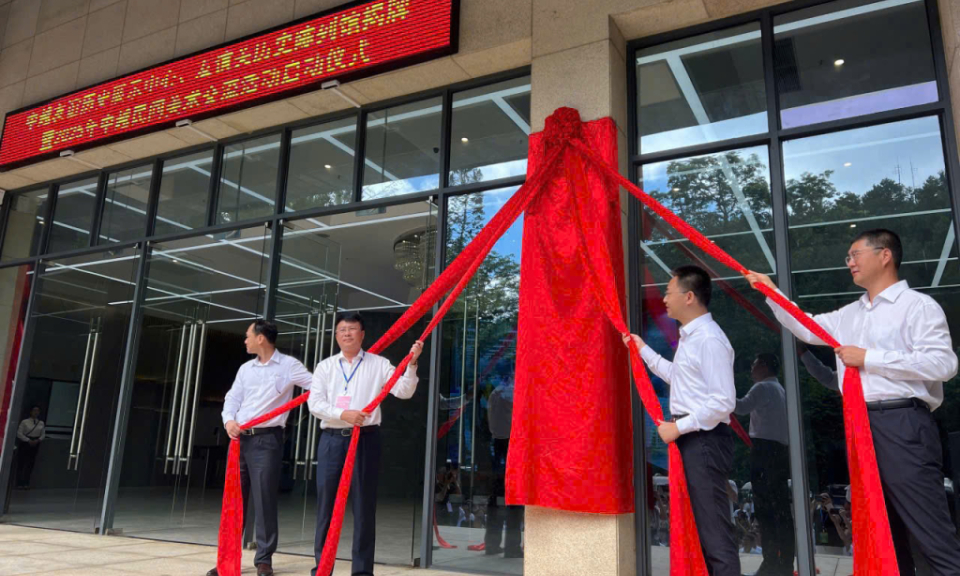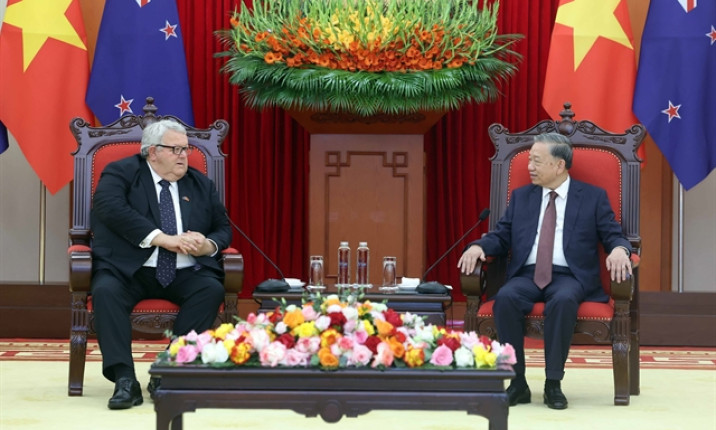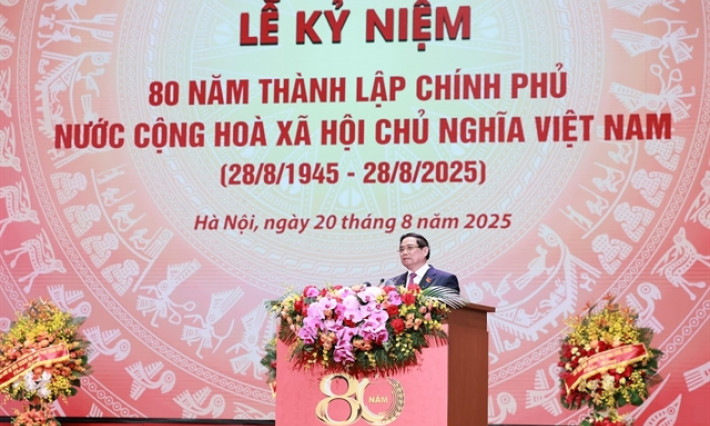Việt Nam needs fundamental policy changes for FDI to support national goals
Head of NIEF’s International Studies and Integration Policies Division Trần Toàn Thắng said that trade tensions and the trend of de-globalisation are creating uncertainty in the international investment environment, while also leading to a restructuring of capital inflows to developing countries like Việt Nam.
Việt Nam’s ambitious industrial goals require fundamental changes in policymaking to attract foreign direct investment (FDI) and effectively support national targets, attendees at a seminar heard on Thursday in Hà Nội.
Speaking at the seminar on how FDI inflows contribute to industrialisation in Việt Nam, jointly held by the National Institute for Economics and Finance (NIEF) and Konrad Adenauer Stiftung (KAS), head of NIEF’s International Studies and Integration Policies Division Trần Toàn Thắng said that trade tensions and the trend of de-globalisation are creating uncertainty in the international investment environment, while also leading to a restructuring of capital inflows to developing countries like Việt Nam.
“Although Việt Nam is emerging as an attractive investment destination, bottlenecks in labour and infrastructure will be core weaknesses for these capital flows. In addition to current institutional and administrative reforms, Việt Nam needs to have breakthrough reforms in attracting and using FDI,” he said.
NIEF’s research, performed in 2025 with support from KAS, on the contribution of FDI inflows to Việt Nam’s industrialisation pointed out that the country has not achieved its former goal of becoming an industrialised nation by 2020, although it has made some remarkable achievements.
Việt Nam’s economic structure has improved, with the contributions of industry and services to GDP increasing from 73.5 per cent in 2021 to 79.9 per cent in 2024.
"However, Viêt Nam’s industrialisation is encountering significant structural and long-term limitations, which requires major reforms,” Thắng said, pointing out that internal economic capacity remains weak, industrial development is unsustainable with low added value, production links are weak and productivity remains a fundamental bottleneck.
The manufacturing sector is strong, but it still lacks technological applications and added value, with the proportion of medium- and high-technology industries in manufacturing remaining at nearly the same level for almost a decade.
Việt Nam has yet to develop competitive domestic industries, instead increasingly relying on the FDI sector. Domestic resources tend to be attracted by industries with the potential to generate short-term profits (such as real estate) or resource exploitation, according to the report.
FDI’s impact
The research findings showed that FDI has impacted Việt Nam’s industrialisation process, in both negative and positive ways.
FDI flows promote growth, improve industrial capacity and shift the economic structure towards industrialisation. It also creates jobs and encourages urbanisation by promoting the shift of workers from low-productivity agricultural sectors to higher-income industrial and service sectors. Another positive impact is that FDI helps spread environmental and social standards.
However, FDI can create negative impacts, including the risk of forming an isolated economic structure, crowding out domestic enterprises that are weaker in terms of capital and technology.
Other risks include over-reliance on foreign capital flows, causing a potential brain drain, inequality and pressure on social infrastructure, as well as the risk of becoming a 'pollution paradise', because FDI enterprises in polluting sectors tend to move to countries with loose environmental regulations to reduce costs.
These negative impacts are largely due to internal weaknesses in industrial policies, supporting industry development and the limited technology absorption capacity of domestic enterprises, Thắng said.
In addition, the current system of investment incentive policies is still scattered, lacking focus and not associated with clear binding conditions, leading to unexpected spillover effects from FDI.
“It is necessary to comprehensively reform investment incentive policies in a targeted, performance-based and conditional manner,” Thắng said. “End wide-spread incentives.”
Instead, Việt Nam should build a new, highly selective incentive framework in which the level of incentives depends directly on the implementation of FDI project commitments. These include the ratio of spending on research and development in Việt Nam, the level of technology transfer, the localisation rate and the level of investment in high-quality workforce training.
Việt Nam must also strengthen the capacity of domestic enterprises and build genuine supporting industries, along with a focus on creating a breakthrough in workforce development, especially for highly skilled workers.
Building a national coordination mechanism to clearly define the roles between the central and local levels is also necessary to end the race to the bottom with incentives among different provinces, ensuring FDI attraction with a unified plan and strategy.
President of the Việt Nam Association of Foreign Invested Enterprises Nguyễn Anh Tuấn said that Việt Nam is entering a new development period with ambitious goals requiring drastic breakthroughs.
Still, more in-depth research must be carried out to find specific measures that would limit and tackle the negative impacts of FDI, helping it boost socio-economic development and realise national goals.






